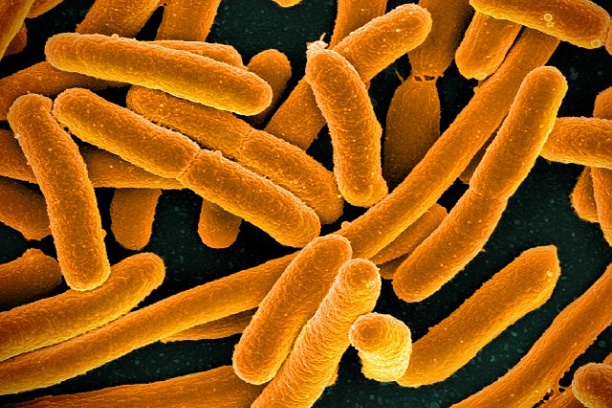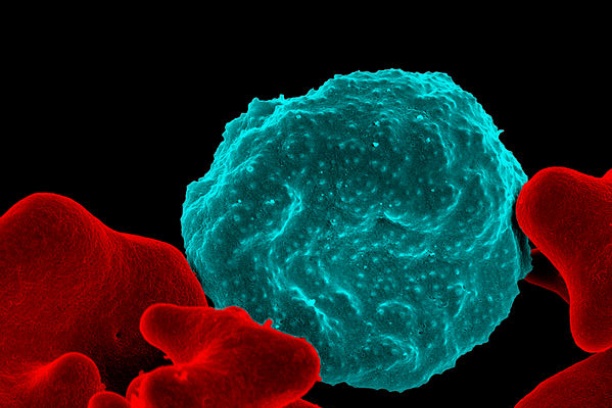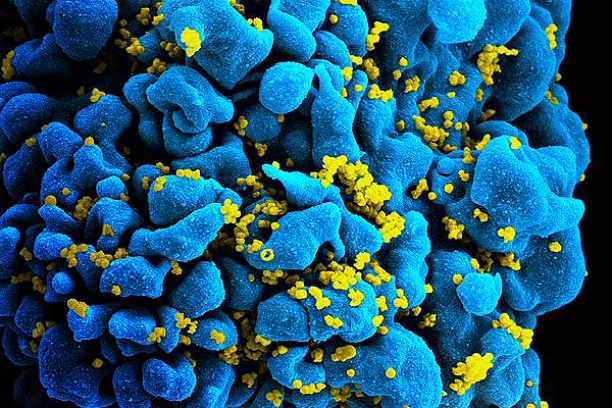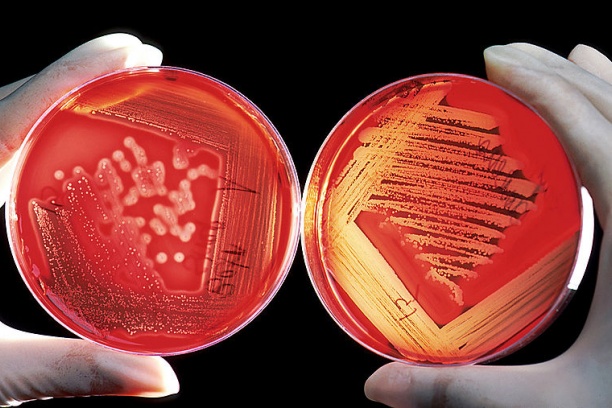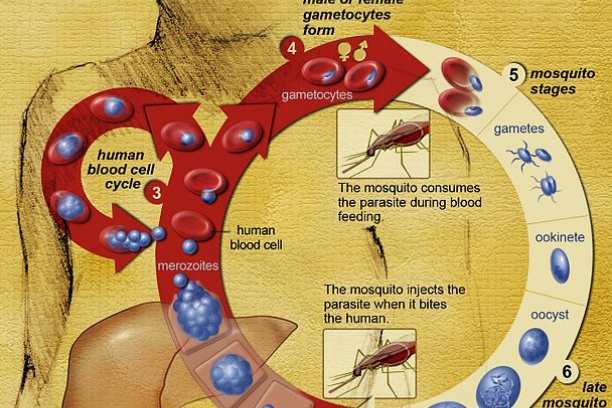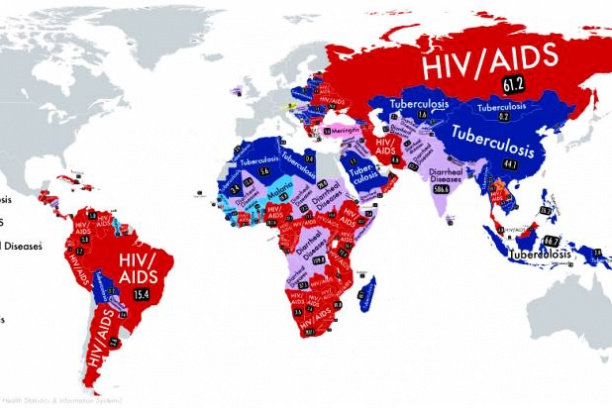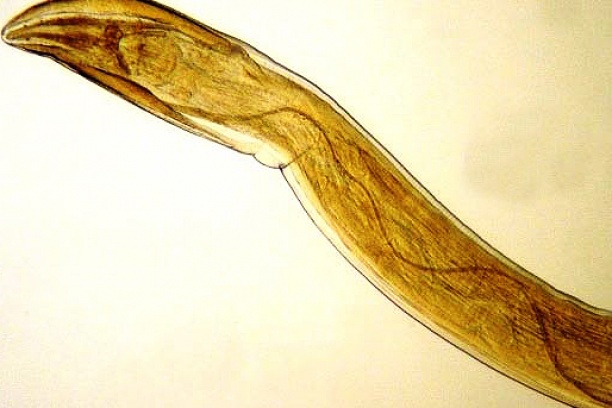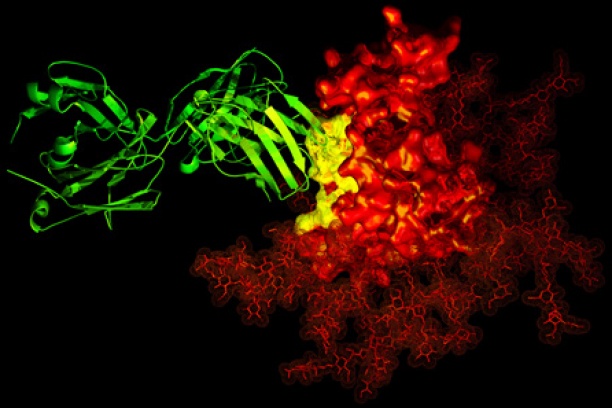Overview of CBID Predoctoral Training
The goal of the CBIDTP is to provide training that enables Ph.D. students to apply the power of chemical biology to the study of infectious diseases. Training in CBID will be divided into five components: (i) Rigorous coursework in host-microbe interactions and chemical biology to give students the foundation upon which to build a career at the interface of these two important fields, (ii) Intensive hands-on research in preceptor laboratories focused on the generation and dissemination of knowledge, (iii) participation in the mini-sabbatical program, where trainees will spend time in another Vanderbilt laboratory with the goal of developing new techniques and skills to help them advance their research abilities, (iv) participation in programs that integrate chemistry and issues in clinical infectious disease with career development, and (v) an innovative internship program where trainees will gain real-world experience in antimicrobial development at a major pharmaceutical company. The first two components of the training program are integrated into the graduate school curriculum, while the remaining three components are specific to the CBIDTP. Upon completing the degree program, graduate students should be competitive for postdoctoral positions in the topic areas described above in both academic and industrial settings. In addition, participation in this program will enable trainees to make invaluable connections that we expect will help them advance their careers in this exciting area of research. We anticipate that a majority will pursue careers in fields related to chemical biology and infectious diseases, but training in such areas as virology, bacteriology, parasitology, immunology, enzymology, biochemistry, chemistry, and imaging will allow students to investigate problems in other areas, as well.
Outline of Academic Requirements
All graduate students, regardless of their program or department of origin, must complete 72 credit hours for a Ph.D. degree, of which at least 24 hours must be coursework. Didactic courses of Microbial Diseases (M&IM 353), Cellular Microbiology of the Pathogen-Host Interaction (M&IM 350), Fundamentals of Chemical Biology (CPBP 320), Modern Drug Discovery (PHAR 327), and Graduate Seminar in Chemical Biology (CPBP 310), encompassing a total of 9 credit hours, will be required components of CBID training as described below. Although this is a significant course load, we feel that this amount of course work is required to ensure that our students are exposed to a truly integrated curriculum. In addition, each student will be required to complete his/her four research rotations in the first year of graduate school, and during the course of training, CBID trainees must participate in career development opportunities, including mini-sabbatical fellowships, the Antibiotic Stewardship Program, and the Infectious Disease Clinical Case Conferences. Each CBID trainee will also participate in the external internship program at a major pharmaceutical company to learn aspects of industrial antimicrobial discovery and development.
Finally, all CBID students must also enroll in training in Responsible Conduct of Research. The Program Faculty Advisory Committee will review and approve entry of each trainee into faculty laboratories. The overriding principle in conducting this training program is ensuring that every trainee gains the highest quality of intellectual and technological experience. The input provided by the CBIDTP’s Faculty Advisory Committee during annual reviews of trainees’ progress and the contributions of student’s thesis advisory committees will not only aid our trainees but contribute positively to their advisors’ research projects.
